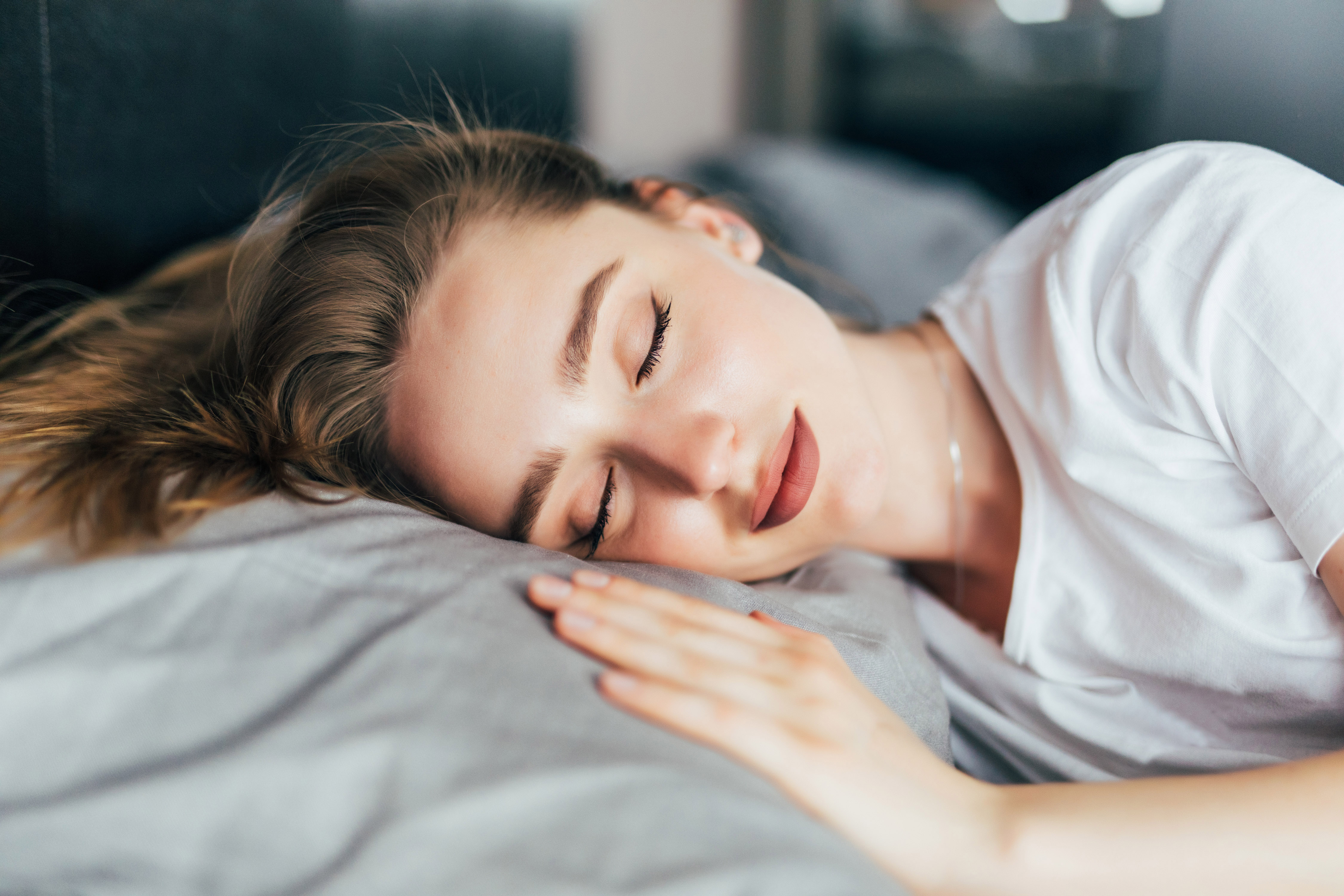The Power of Sleep Hygiene: Tips for Better Sleep to Reduce Anxiety

Sleep and anxiety are closely linked—and not in a good way. When your anxiety flares up, sleep gets harder. When you sleep poorly, anxiety hits harder the next day. It’s a cycle most people don’t realize they’re stuck in until it starts affecting everything—mood, focus, patience, and even physical health.
The good news? You don’t need to overhaul your life to fix this. You just need to improve your sleep hygiene.
Sleep hygiene isn’t about perfection or routines that take 90 minutes. It’s about small, intentional habits that help your body wind down and get quality rest—night after night.
What Is Sleep Hygiene?
Sleep hygiene is a set of behaviors that support better sleep. Just like brushing your teeth prevents cavities, sleep hygiene protects your nervous system. When your sleep is consistent and restorative, your baseline anxiety goes down. Your mood is more stable. Your thoughts stop racing as much. You feel more capable of handling stress.
The trick is to stop treating sleep like an afterthought. It’s not something you "do" once your day is over. It’s something you prepare for.

1. Go to Bed at the Same Time Every Night
Your body has a built-in clock, and it runs on rhythm. If you go to bed at a different time every night, you’re constantly throwing that clock off. That makes it harder to fall asleep and stay asleep.
If you want to wake up at 7 a.m., start winding down by 9 p.m., and aim to be in bed by 10. You’ll fall asleep faster and wake up with less grogginess over time.
2. Build a Bedtime Routine That Actually Helps
Morning routines get a lot of hype, but a good day starts with the night before. A strong bedtime routine signals to your brain that it’s safe to slow down.
Here’s what helps:
-
Light stretching
-
Journaling (not goal-setting—just get the day out of your head)
-
Reading a physical book
-
Aromatherapy (lavender is a good place to start)
And here’s what to avoid:
-
Screens: The blue light from phones, tablets, or TVs tells your brain it’s daytime. That delays melatonin production and keeps you alert when you should be powering down.
-
Heavy meals: Big meals late at night activate your digestion and confuse your body. Ideally, finish dinner 2–3 hours before bed. Skip caffeine after the afternoon, and go for herbal tea if you want something warm.
3. Create a Sleep-Friendly Environment
This matters more than people think. Your bedroom should make it easier for your brain to relax—not harder.
Here’s how to set it up:
-
Cool down: The ideal temperature for sleep is 60–67°F (15–19°C). Your body sleeps best when your core temperature drops.
-
Black it out: Cover any blinking or glowing lights, close the curtains tight, and dim the lights early.
-
Use earplugs or an eye mask: These simple tools block out sleep disruptors—especially useful if your partner snores or your neighbor’s porch light never shuts off.
Bonus tip: If you have long hair, tie it up or wear a sleep bonnet to avoid that neck-on-hair irritation that can wake you up throughout the night.
4. Keep Your Bed for Sleep (and Intimacy) Only
If you scroll, snack, or answer emails in bed, your brain starts to associate your mattress with activity—not rest. That makes it harder to fall asleep when you actually want to.
Keep this rule simple: if you're not sleeping or being intimate, get out of bed. Read in a chair, journal on the couch—just let the bed be a place your brain connects with rest.
One More Thing: Sleep Isn’t Just a Wellness Trend
It’s a basic human need. You can’t outsmart poor sleep. You can’t hustle through it. You can’t supplement your way around it.
If you’re doing all the right things and still waking up exhausted, talk to your doctor. A sleep study might uncover things you can’t fix with lavender oil and blackout curtains.
But most people don’t need a medical intervention—they just need to treat sleep with the same respect they give their work or workout routine.
You don’t have to earn your rest. You just have to protect it.
Start with one or two habits from this list. Test them out for a week. Adjust as needed. You’ll be surprised how much easier everything feels when your brain isn’t running on fumes.


